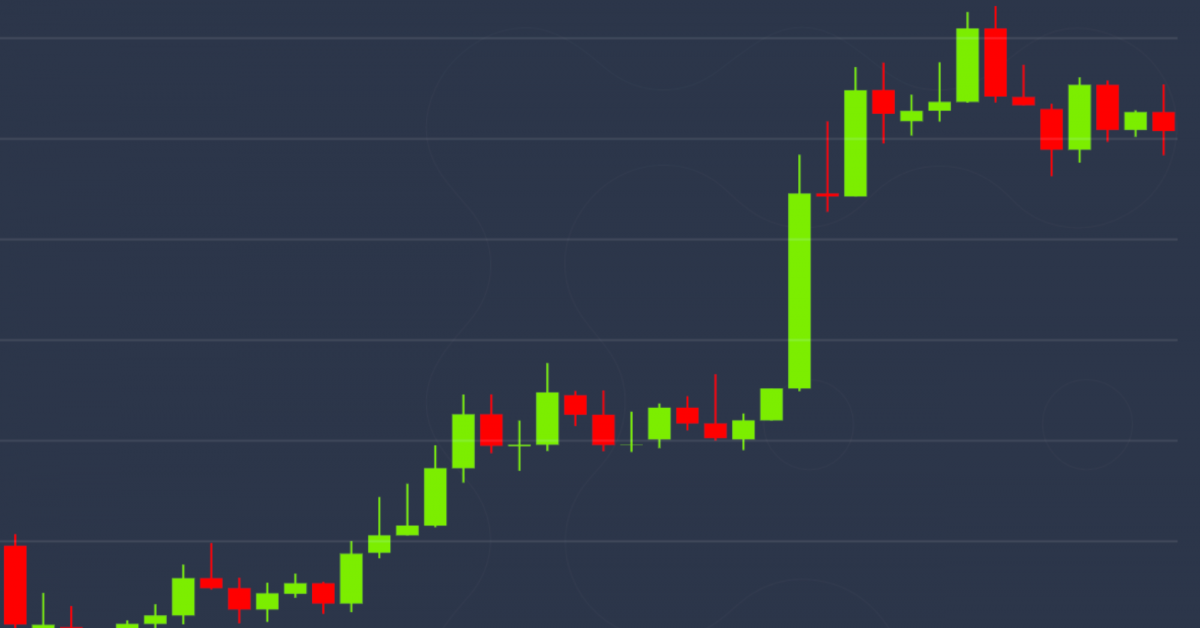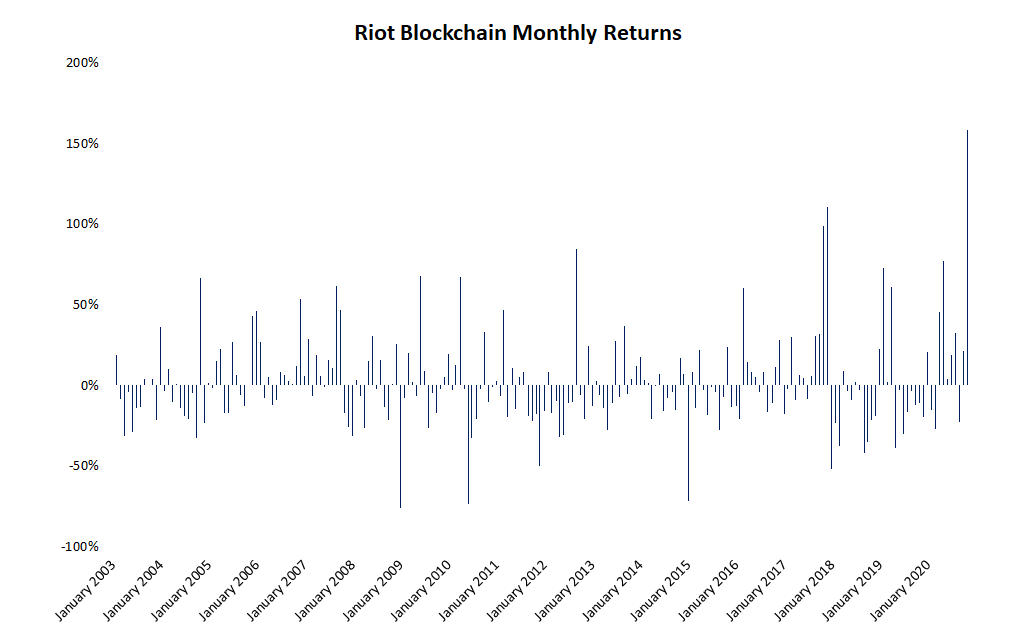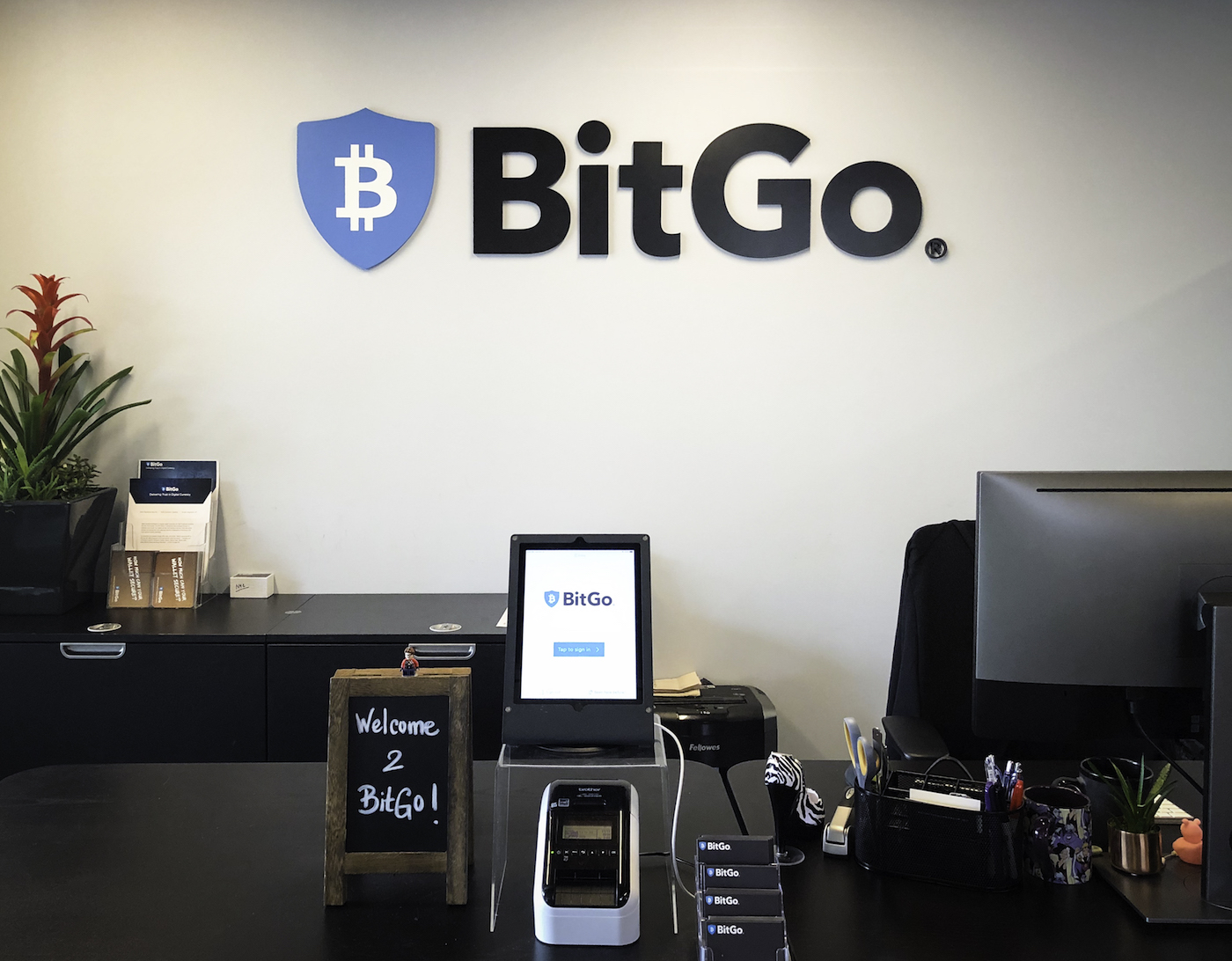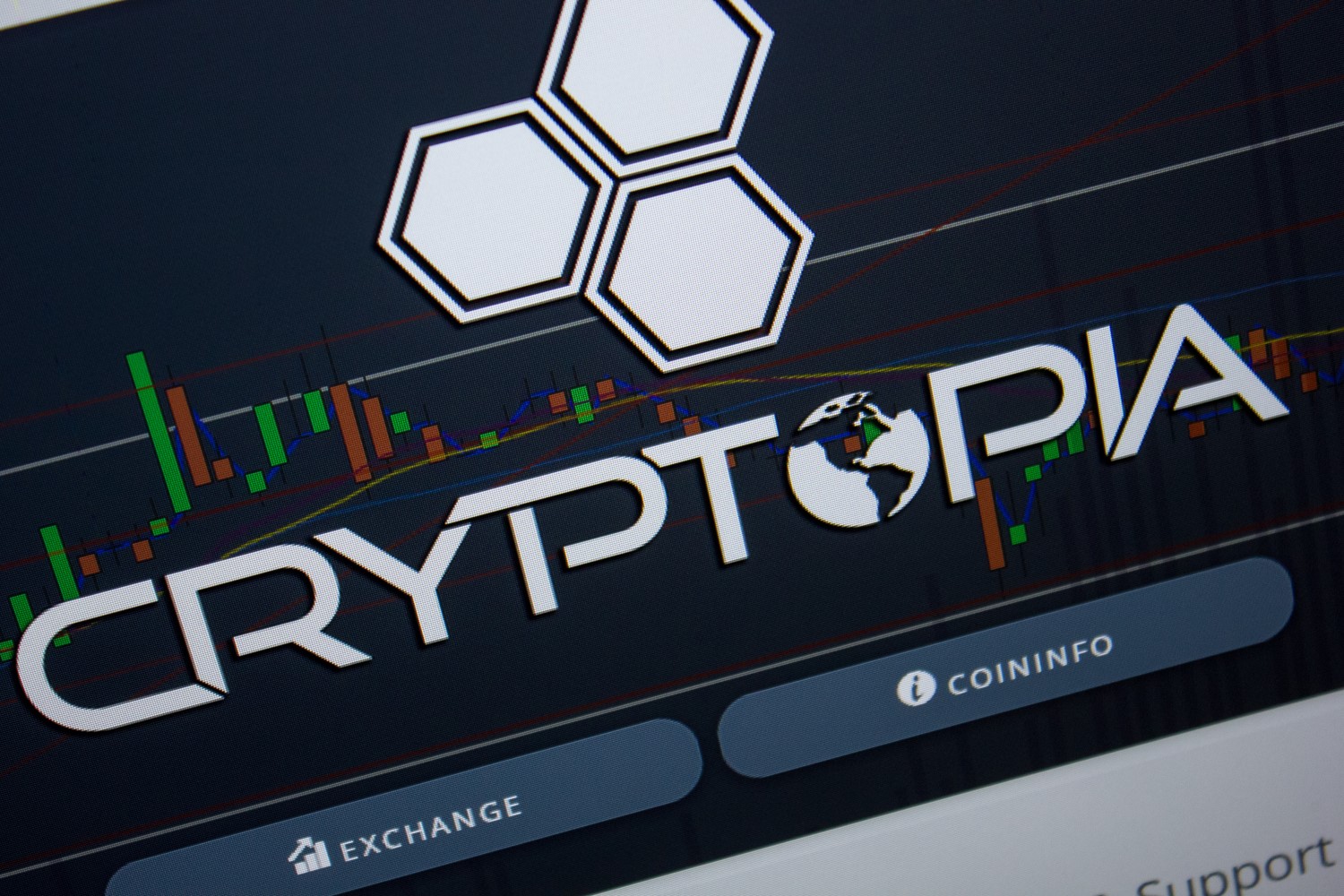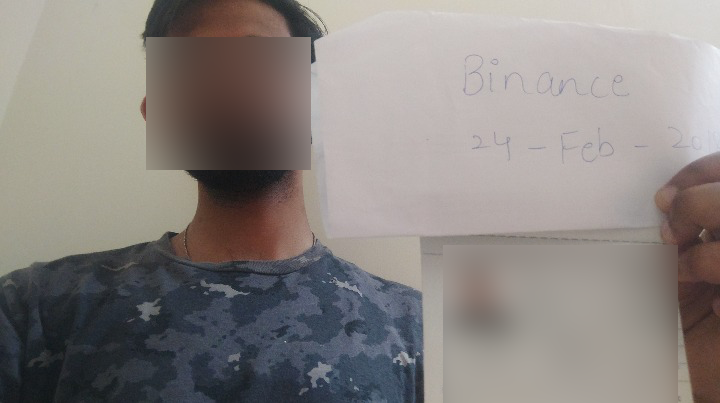Thieves Swindle $2M From Coronavirus Preppers With Hand Sanitizer, Face Mask Scams
CORONA SCAMS: Malicious actors offered to sell face masks and hand sanitizer, creating phony shipping labels and, on occasion, sending victims an empty box. (Image via Shutterstock)
Thieves Swindle $2M From Coronavirus Preppers With Hand Sanitizer, Face Mask Scams
Scammers purporting to sell pandemic essentials – such as face masks, hand sanitizer and medication – have stolen at least $2 million in cryptocurrency from panicking consumers, claims blockchain security firm AnChain.AI.
The haul comes from low-budget malicious actors putting a fresh riff on a classic ruse: money paid for products never delivered. Striking amidst a public health crisis, in which hospital systems from Milan to Seattle are getting crushed by COVID-19 patients and governments are fretting if their emergency stockpiles can meet unprecedented demand, scammers are looking to consumers, also weary of the novel coronavirus, as a boon.
“Criminals are exploiting the fear and uncertainty created by COVID-19 to prey on innocent citizens who are only looking to protect their health and that of their loved ones,” said INTERPOL Secretary General Jürgen Stock, in a recent coronavirus consumer fraud notice from Europe’s police force.
Some of these scams are being facilitated through crypto, said Steven Yang, AnChain.AI’s marketing director. His firm claims to have traced millions of dollars-worth of swindled crypto funds in the first two weeks of an investigative partnership with an unnamed “affiliated law enforcement agency” in Asia.
Scammers strike
AnChain.AI’s leadership has taken a top-down approach to investigating the coronavirus medical supply scams.

“Our CEO actually ordered some face masks off of Amazon and had this done to him,” Yang said of AnChain.AI CEO Victor Fang, who in early February paid for a 100-pack of surgical masks that still have not come (Fang did not pay in crypto for these masks).
Fang brought the scam to AnChain.AI’s immediate attention, but coronavirus fraud schemes have already been raging for months. Primarily in Asia, and particularly in regions infected well before the contagion’s recent march west, consumers have thronged to any apparent source of hard-to-come-by medical supplies, sometimes paying dubious vendors in crypto.
AnChain.AI said that two weeks ago it began investigating at the request of the unnamed law enforcement agency.
Investigators noticed a pattern: scammers posted supplies on trusted e-commerce sites including Amazon, eBay, and social media marketplaces; then lured consumers off the sites, to messaging platforms with no third-party oversight; they then took payment and printed a phony shipping label as “proof” to fool the marketplace and the consumer.
Buyers were left thinking their medical supplies were days or weeks from arriving at their doorstep, realizing only weeks later that they had been scammed. In some instances Yang said the scammers sent an empty box.
By that point the victims’ crypto was long gone.
“They launder the money through a large number of jumping and pass-through addresses, or using things like tumblers and mixers, before liquidating through exchanges,” Yang explained.
So far, more than 90 percent of the scam crypto transactions were received in tether (USDT), 5 percent in bitcoin, 2 percent in ether and a small amount in “a wide breadth” of other cryptocurrencies.
Many of the scams began in east and Southeast Asia, but some are now popping up around the world – even in the United States, according to Yang.
The swindled crypto does flow back to Asia, though.
“While we are still investigating this process, and the scam itself is observed worldwide, the liquidation itself is primarily going through big Asia-based exchanges,” said Yang, who suspects this is because of exchange rate and liquidity concerns (he declined to name the exchanges).
What to look out for
Yang said that AnChain.AI’s investigation is ongoing and may begin expanding to other “nationalities.” Coronavirus shows no signs of stopping, and as such it is unlikely that scammers will die down either.
In the long term AnChain.AI hopes to identify scammers at the point of exit – the exchanges – which would likely need to happen through official law enforcement inquiries and legal procedures. More immediately, though, the firm wants to raise awareness with a general public desperate to buy supplies and protect themselves during the ongoing public health crisis.
Yang offered some recommendations for pandemic shoppers: Don’t buy medical supplies from untrusted marketplaces; never conduct deals over WhatsApp and WeChat; and approach crypto-first vendors skeptically – some are indeed legitimate, but others may well be scammers.
“Anyone who is thinking of buying medical supplies online should take a moment and verify that you are in fact dealing with a legitimate, reputable company, otherwise your money could be lost to unscrupulous criminals,” INTERPOL Chief Jürgen Stock said in his presser.
Disclosure Read More
The leader in blockchain news, CoinDesk is a media outlet that strives for the highest journalistic standards and abides by a strict set of editorial policies. CoinDesk is an independent operating subsidiary of Digital Currency Group, which invests in cryptocurrencies and blockchain startups.


